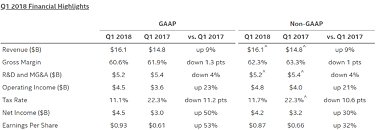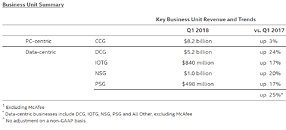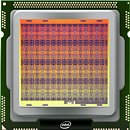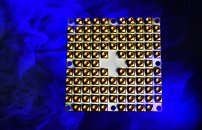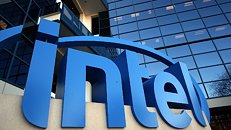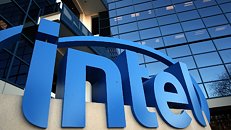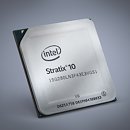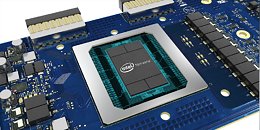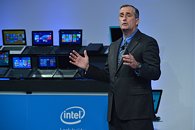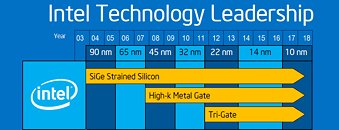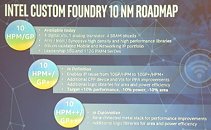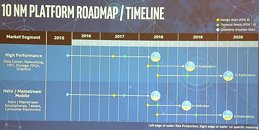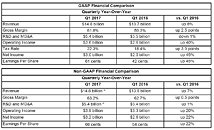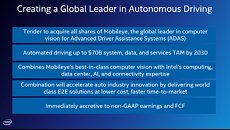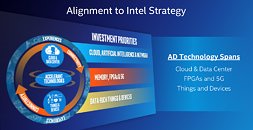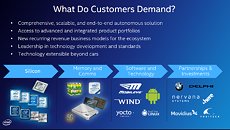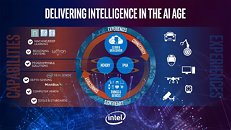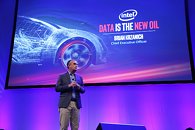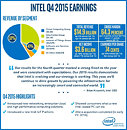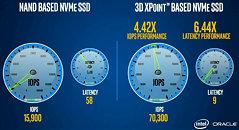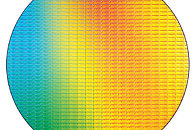
Intel CEO Brian Krzanich Resigns - For Having Sex With Colleague
Intel Corporation today announced the resignation of Brian Krzanich as CEO and a member of the board of directors. The board has named Chief Financial Officer Robert Swan interim chief executive officer, effective immediately.
Intel was recently informed that Mr. Krzanich had a past consensual relationship with an Intel employee. An ongoing investigation by internal and external counsel has confirmed a violation of Intel's non-fraternization policy, which applies to all managers. Given the expectation that all employees will respect Intel's values and adhere to the company's code of conduct, the board has accepted Mr. Krzanich's resignation.
Intel was recently informed that Mr. Krzanich had a past consensual relationship with an Intel employee. An ongoing investigation by internal and external counsel has confirmed a violation of Intel's non-fraternization policy, which applies to all managers. Given the expectation that all employees will respect Intel's values and adhere to the company's code of conduct, the board has accepted Mr. Krzanich's resignation.

